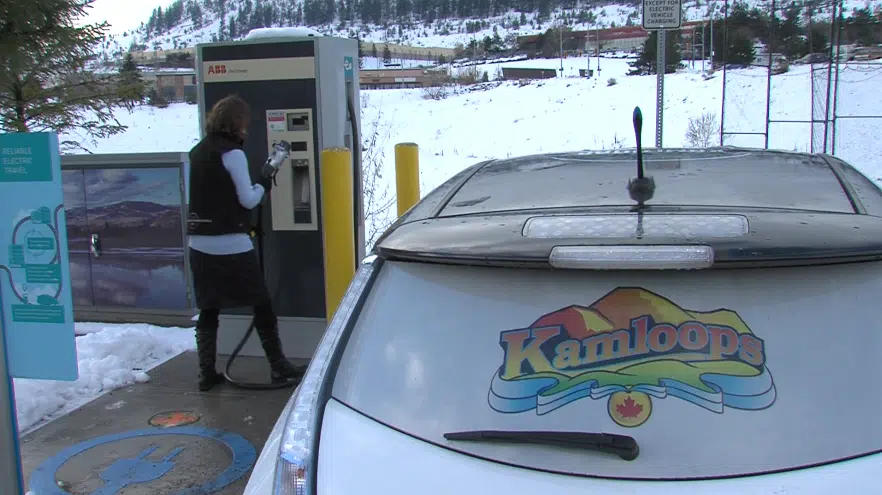
B.C. government mulling more electric car incentives, says energy minister
VICTORIA — Energy Minister Bill Bennett says the government is considering a second expansion of British Columbia’s incentive programs for electric car buyers.
The $10.6 million Clean Energy Vehicle Program, which includes $5,000 rebates to buy or lease electric vehicles, is due to run out of money in March but efforts are underway to keep it going, Bennett said in an interview on Thursday.
An original program was launched in 2011 but quickly consumed its $4.7-million incentive budget. The $10.6-million program was introduced last April as an extension of the original vehicle program and was forecast to run for three years.
About 2,200 electric vehicles have been purchased through the programs. British Columbia now has more than 3,100 battery electric and plug-in hybrid electric vehicles registered in the province, the second highest in Canada.


